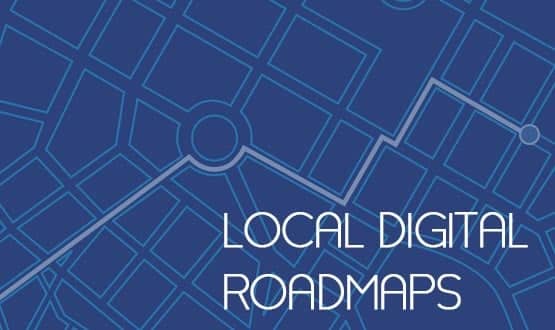EPRs top of roadmap wish list
- 6 September 2016

A review of local digital roadmaps shows many NHS organisations are prioritising core IT systems for acute trusts, many of which come with a big price tag.
The Digital Health News survey of 17 LDRs uncovered by searching trust and footprint websites reveals that new electronic patient record systems top the wish lists in many draft roadmaps.
Other common requirements include information sharing mechanisms, patient access to records and shared information governance.
In its roadmap, NHS Wakefield Clinical Commissioning Group says that an EPR that interoperates with systems in and beyond Mid Yorkshire Hospitals NHS Trust is critical to its goals. “Without this step it will be difficult to make significant change in the district”.
Merseyside’s roadmap puts a big focus on EPRs, saying that it has become a “strategic aim to have a common EPR for all adult services, seamlessly linked with children’s acute services, community based services and social care”.
The region intends to agree plans to deploy a single hospital EPR spanning multiple hospital providers by winter this year.
Hampshire and the Isle of Wight’s roadmap reveals the area needs £20 million to support the replacement of an ageing EPR system at one of its acute trusts, and a further £10 million to replace a platform at another.
The focus on implementing EPRs and other core systems, such as e-prescribing systems, underlines the major gaps in healthcare IT left by the end of the National Programme for IT in the NHS; and the likely importance of central funding to getting these in place.
However, some LDRs are more focused on information sharing to support the development of integrated care services.
South West London roadmap, one of seven across the city, is more focused on creating better ways of sharing existing information. The roadmap wants to improve use of the London Health and Care Information Exchange, a programme that aims to allow the seamless transfer of patient records between health care providers spanning London and beyond.
It also includes plans to achieve a common information sharing framework agreement by the end of 2016-17, with all organisations signed up.
Once this is done, there would be a series of specific ‘plug-ins’ relating to particular sets of information passing between identified organisations, a process described by the roadmap as “the most pragmatic way to move this key, and complex, deliverable forward”.
Another goal common to most roadmaps is the use of new technology to support digital patient services. However, some LDRs raise concerns about the low uptake of existing services.
In Swindon, the roadmap states there has been low usage by patients of online tools. This issue is shared by Bath and North East Somerset where only 16% of the population are using tools such as online booking.
The roadmaps, along with sustainability and transformation plans that are intended to lay out how local areas will take forward the ‘Five Year Forward View’ to generate £22 billion of efficiency savings by 2020-21, are required for NHS organisations for gain access extra NHS England funding for “technology enabled transformation”.
On Monday, Digital Health News reported that many roadmap footprints were relying on central funding pots to support their goals, pots that footprints have already been warned are severely financial constrained.
Hampshire’s roadmap states the “uncertainty about availability of future funding as a system has hindered the prioritisation of large system-wide transformational initiatives”. However, as Merseyside’s roadmaps notes: “doing nothing is not a viable option”.




